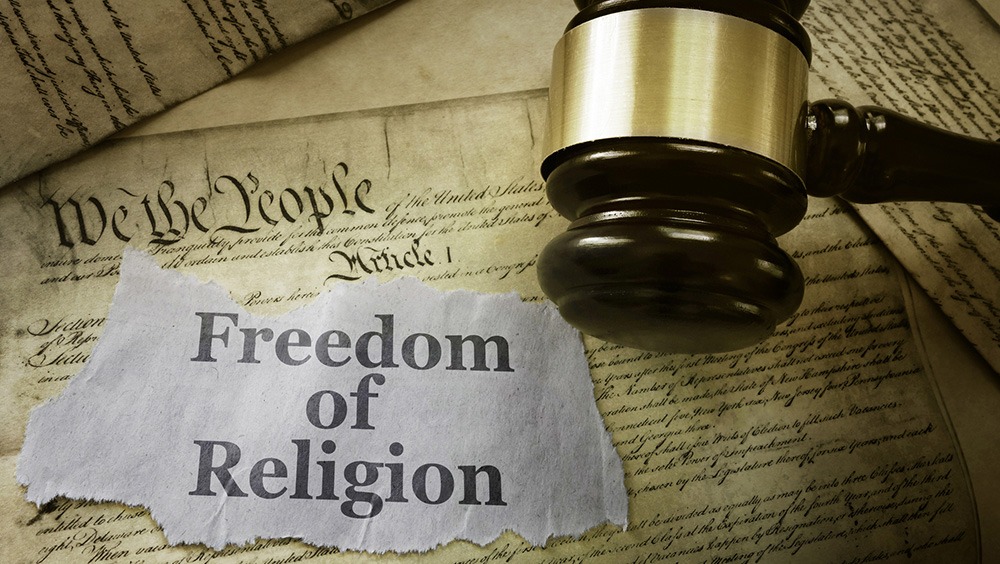Freedom of religion is a fundamental human right that allows individuals to practice, express, and change their religious beliefs without fear of persecution or discrimination. It is enshrined in international human rights law, most notably in the Universal Declaration of Human Rights, which recognizes the right of everyone to freedom of thought, conscience, and religion. This right is not only essential for individual autonomy but also for fostering peaceful, diverse societies.
The essence of freedom of religion lies in the ability to choose one's faith, worship openly, and engage in religious practices without interference from governments or other entities. This includes the right to change one’s religion or belief and to practice it individually or in community with others. Religious freedom is integral to personal dignity, as it enables individuals to live authentically and in alignment with their beliefs.
Importantly, freedom of religion is not limited to private belief but extends to public expressions of faith. People should be able to display their religious symbols, observe religious holidays, and follow dietary or clothing practices associated with their faith, free from fear of discrimination or retribution. When religious freedom is protected, it fosters inclusivity, mutual respect, and understanding among individuals of different faiths or beliefs.
However, the right to freedom of religion can sometimes conflict with other societal interests, such as public order, health, or safety. Balancing these concerns with the right to religious freedom requires careful consideration and respect for diversity. It is vital to ensure that restrictions on religious practices are based on legitimate and proportionate reasons, rather than on biases or prejudices against particular groups.
In conclusion, freedom of religion is a fundamental pillar of human rights and democracy. It safeguards individuals' rights to express and practice their beliefs and promotes a tolerant, pluralistic society where people can coexist and thrive despite their differences. Protecting this right is essential for ensuring dignity, peace, and respect for all.







Comments